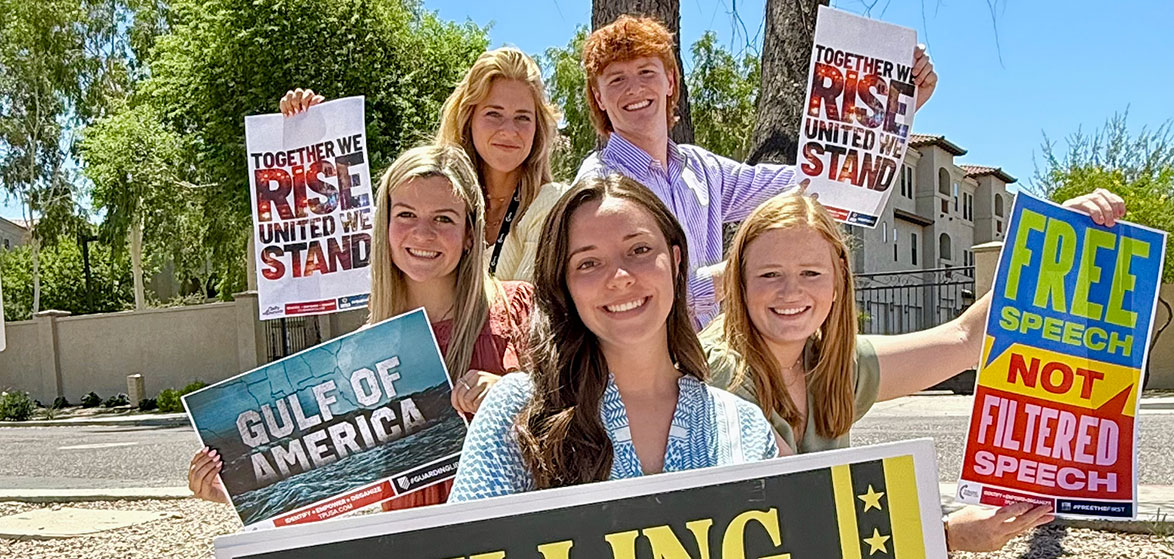
The San Francisco Board of Supervisors unanimously voted to officially apologize to black city residents for alleged systemic racism perpetrated by the city.
On Tuesday, the board approved a resolution to apologize “to African Americans and their descendants for systemic and structural discrimination, targeted acts of violence and atrocities.”
The board claimed that “structural racism” caused the “historic failure” of the city to “adequately improve the social determinants of health for Black San Franciscans,” and said that it has “had lasting and generational impacts to the mental, physical and environmental wellbeing for Black residents”
“On behalf of the City and County of San Francisco, the San Francisco Board of Supervisors offers its deepest apologies to all African Americans and their descendants who came to San Francisco and were victims of systemic and structural discrimination,” the Board further laments in the resolution.
The city officials also urged other city departments to “engage in the process of reflecting on their own role in the City’s history of structural discrimination and to issue their own apology.”
According to the board, San Francisco is still a deeply racist city, though it has moved past “overtly race-based exclusionary policies” and adopted “increasingly sophisticated racism,” which the resolution says is “defined by inaction of lack of intervention with regards to racial discrimination in employment, housing, education, healthcare, or the criminal justice system.”
Although California joined the Union in 1850 as a free state and had already adopted a state Constitution that explicitly outlawed slavery, cities such as San Francisco and Los Angeles have adopted increasingly progressive policies in an attempt to remedy purported historical injustices.
Despite this, the city approved the formation of a Reparations Task Force in 2020, which has not yet achieved the desired payments for black San Francisco residents. The city has, however, allocated funds to provide a basic universal income for transgender residents, which sparked a lawsuit from citizens who alleged the payments were “discriminatory.”















